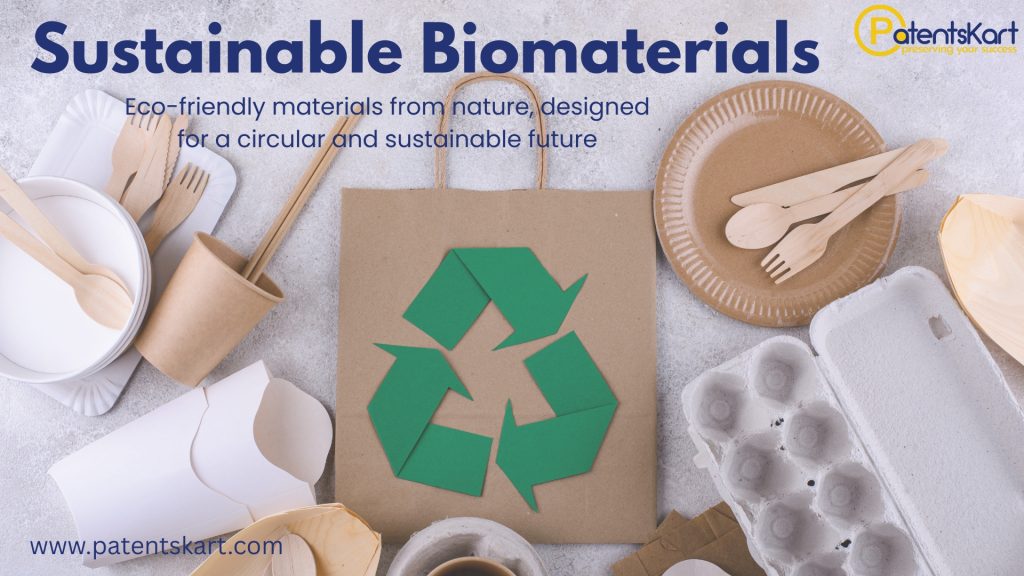Sustainable biomaterials are derived from renewable biological sources and designed to replace conventional plastics, textiles, and packaging materials with environmentally friendly alternatives. Examples include polylactic acid (PLA), mycelium-based composites, algae-derived polymers, and bacterial cellulose. These materials offer biodegradability, lower carbon footprints, and reduced dependency on fossil fuels. Innovations in synthetic biology, fermentation, and waste valorization are accelerating the commercial scale-up of bio-based alternatives. Applications span industries such as fashion, packaging, automotive, and construction, where there is a growing push for circular economy principles and carbon-neutral production.
